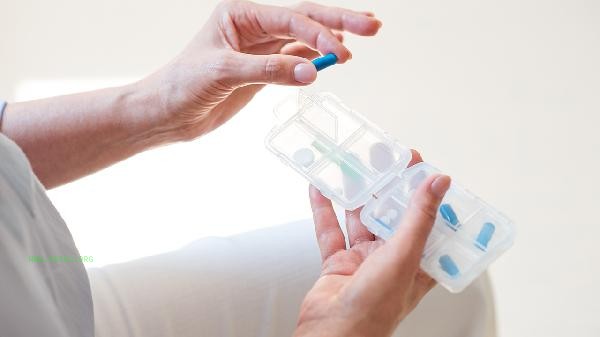Babies can take vitamin AD capsules for a long time, but the dosage and duration need to be controlled under the guidance of a doctor. Vitamin AD capsules are mainly used to prevent vitamin A and D deficiency, and excessive supplementation may lead to the risk of poisoning.

Vitamin AD capsules are a common nutritional supplement for infants and young children, in which vitamin A helps with visual development and immune function, while vitamin D promotes calcium absorption and bone growth. For babies who are breastfed or have insufficient sunlight, appropriate supplementation can prevent rickets and night blindness. But long-term use requires regular testing of serum vitamin A and D levels to avoid excessive symptoms such as headache, nausea, and decreased appetite. Babies with special constitutions such as premature infants and abnormal liver and kidney function need to strictly follow medical advice to adjust and supplement their plans. Some babies may experience adverse reactions due to individual differences, such as dry skin, drowsiness, or constipation. If the baby's fontanelle is protruding, polyuria or growth retardation is found, it should be stopped immediately and medical attention should be sought. Vitamin AD capsules should not be taken together with calcium and iron containing preparations, and it is recommended to take them at least two hours apart. Natural foods such as animal liver, deep-sea fish, egg yolks, etc. can also provide vitamin AD and can be used as a dietary supplement source. Parents should regularly take their babies for growth and development assessments, and adjust their nutritional supplementation strategies based on the results of physical examinations. Daily outdoor activity time can be increased to promote skin synthesis of vitamin D through sunlight exposure. During the stage of complementary food addition, it is recommended to choose dark vegetables such as carrots and spinach that are rich in vitamin A, as well as infant and toddler foods that are fortified with vitamin D. No nutritional supplement can replace a balanced diet. Scientific feeding is the key to ensuring the health of infants and young children.










Comments (0)
Leave a Comment
No comments yet
Be the first to share your thoughts!